History of Gay in Russia
In medieval Russia, there was a degree of tolerance/passive acceptance of acts of gay sex. Such acts were sins but there were no sanctions from the Orthodox church, or the state.
The first legal sanctions occurred in the late C18 but these were applied only to the army (of Peter the Great). In 1832, Article 995 appeared, in which 'muzhelozhstvo' (buggery) was criminalised, punishable by 5 years in Siberia. The law was rarely enforced, and hardly ever applied to the upper classes.
The early C20 saw the developing of a certain degree of visibility and acceptance, with Vladimir Nabokov, in 1903, suggesting that the state should not legislate for private sexual acts between individuals. Between the overthrowing of the Romanovs in 1905 and Kerenshy's Duma to the Bolshivik Revolution of 1917, gay was further tolerated, with Mikhail Zuzmin putting out 'Wing', a semi-biographical novel about coming out.
The Soviets decriminalised gay, which led many to see the USSR as a kind of Utopia. Intellectuals from the West (such as Bertrand Russell) visited the country, only to be dissolutioned by the practice, as opposed to the theory, of communism. For personal reasons, a number of gay university students were also drawn by the seemingly liberalised society: Kim Philby, Guy Burgess, Donald Mclean and Anthony Blunt (in this order below), and many famously spied, often as double agents, only to defect when discovered. Blunt was identified in the early 1980's, for decades having been only known as the fourth agent. He has achieved prominance in British society, as a famous art historian and Purveyor of the Queen's Pictures.


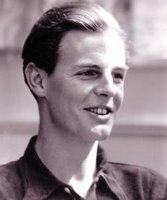
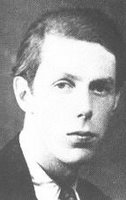
The first gay organisation of gay guys was formed in Leningrad (the former St Petersburg, but now Leningrad again) in 1984. but pressured out of existence by the KGB. Such organisations were only possible with the 'glasnost' (or 'openness') of Gorbachov. However, the early 1990's saw the greater conservatism and repressio under Boris Yeltsin.
The Soviet Union collapsed in 1991 and in 1993 a new Russian Criminal Code was in place, without Article 121. The following was handed out in a gay disco in May of that year - 'Enough is enough'

This was handed out at a gay disco in May 1993, when Article 121, which criminalized gay sex, was eliminated from the Russian criminal code.
In the poverty that has followed, led many (straight or gay) into prostitution, including those in the army, as soldiers were often not paid for months. They could be found in public places, such as outside the Bolshoi (Big) Theatre. We all know why there - art and faggotry have a natural relationship. And our fantasies of uniforms and power and violent domination.
So now we come to Alexei Gromoff! The first set are earlier ones keying into this period of the mid-1990's povery.
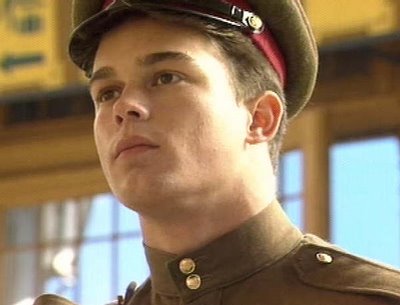

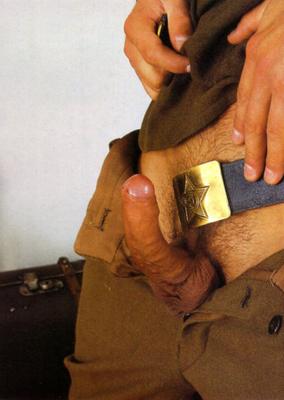

The second set, where Alexei has achieved super-stud-dom, show him far more buffed and manicured. Not the world's most incredible cock, but an arse and a bod to die for! Which might be why he puts so much into being topped. And sucking dick. And rimming (getting and giving). I particularly like the last two furrier pre-buffed photos.








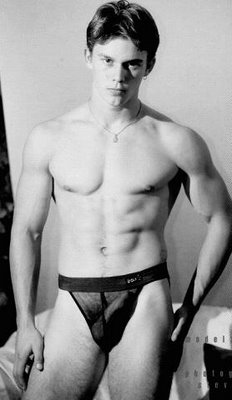



Great story, thanks for the hard work.
ReplyDeleteAlso, thanks for the link
Cheers, Paul